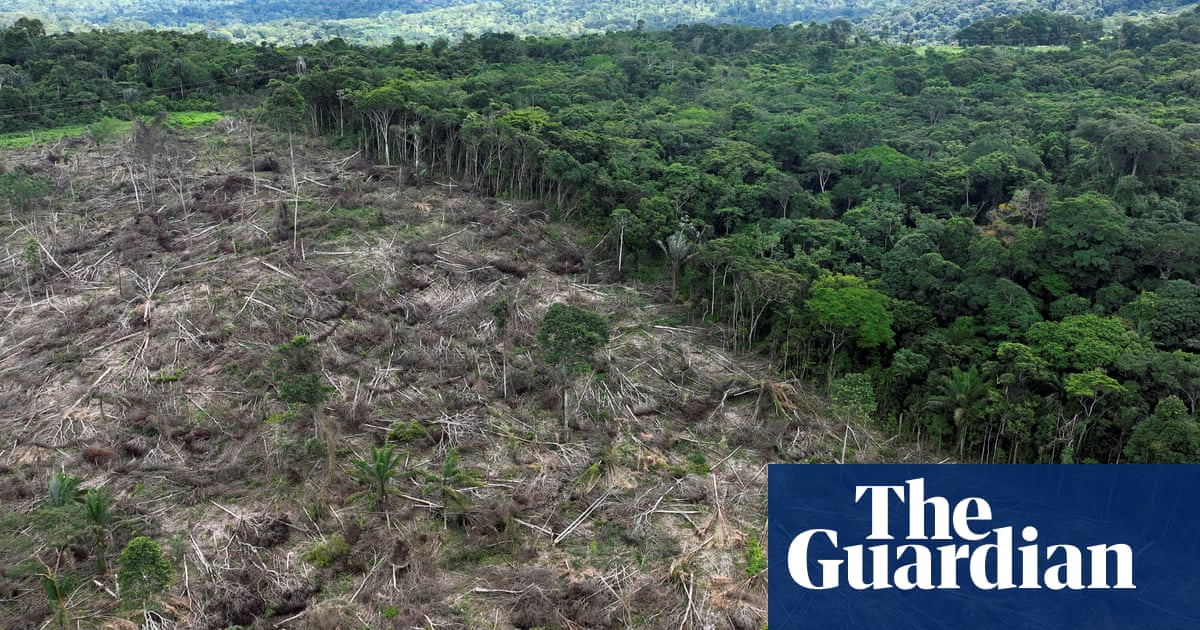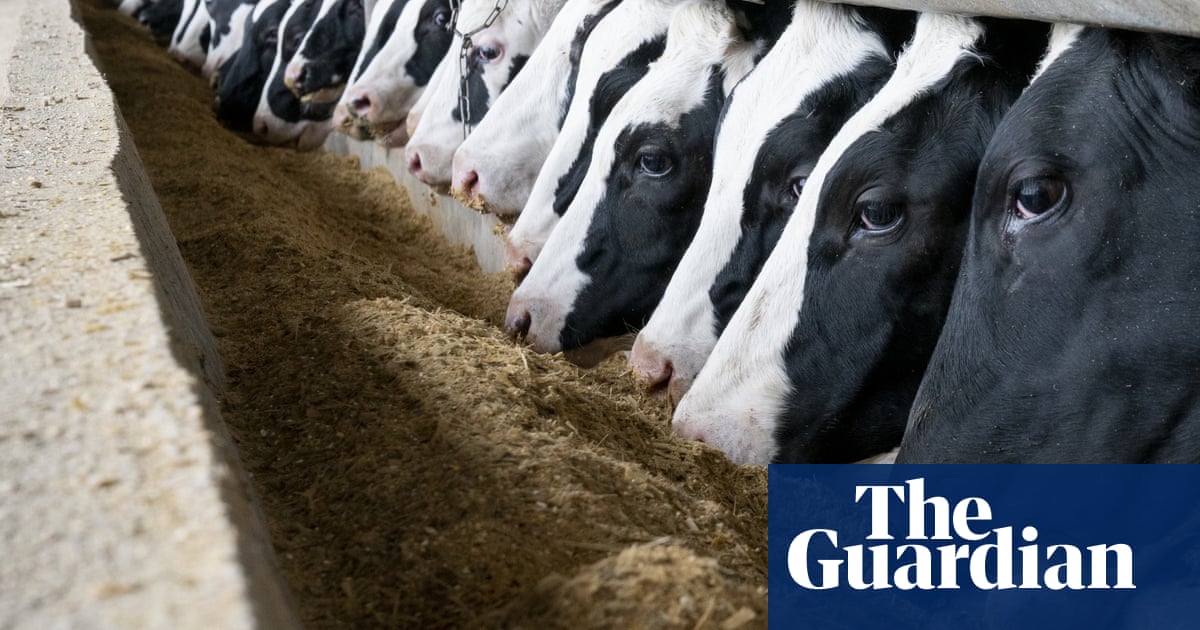
UK consumers could be eating Australian beef linked to deforestation on the back of a new post-Brexit free trade deal signed in the summer, an investigation has found.
Satellite analysis has identified an area of deforestation over the past three years that is more than twice the size of Manhattan across farms in Queensland, the largest beef-producing state in Australia.
The deforestation includes the habitats of threatened species such as koalas, flying foxes, quolls, and several endangered species of bird and frog.
“Millions of native animals, including Australia’s iconic koala are killed or left homeless when bulldozes destroy their habitat,” said Gemma Plesman, Queensland campaign manager for the Wilderness Society, who carried out the satellite analysis with Unearthed, the investigative arm of Greenpeace. .
Australia is the only country in the developed world in WWF’s list of global deforestation hotspots. About 3% of the forest area in eastern Australia, which includes Queensland, was lost between 2004 and 2017.
Under the terms of the trade deal signed this year, Australia’s beef producers will be given tariff-free access to the UK market. But campaigners argue that beef is the number one driver of the country’s deforestation crisis, and particularly in Queensland.
The Queensland government introduced new laws aimed at curbing deforestation in 2018, yet the analysis says loopholes are allowing clearing to continue.
The analysis found more than 13,500 hectares (33,359 acres) of deforestation across 57 properties, with more than half of the cleared area (56%) across 54 beef properties categorised as where habitats for threatened species are “likely to occur”.
The loophole identified by Unearthed exempts vast tracts of hectares of forests that have previously been cleared even if they are over 15 years old and supposed to be classified as “high-value regrowth”.
More than two-thirds of the deforestation identified in the analysis is forest or woodland mapped as exempt from all clearing restrictions despite being over 15 years old and having grown back to maturity.
Regrowth forests can often be vital habitats for threatened species. A Queensland civil servant who has worked on the subject, speaking on condition of anonymity, said they “can represent a significant fraction of the remaining extent of endangered ecosystems”.
Dr April Reside, a lecturer in wildlife science at the University of Queensland, said the level of clearing identified by the study was “really substantial”, adding that deforestation risked fragmenting and degrading species habitats, leaving them exposed to invasive species.
Among the 82 species found to be losing habitat was the Southern black-throated finch, an endangered bird which was found to be losing 364 ha.
Reside said: “That’s definitely something to be concerned about … they’ve already lost 88% of their original extent. So they’ve got a very small proportion of habitat left, and what they do have left is highly degraded and is not about finch conservation. And it’s still being cleared.”
“There are ways of growing beef that don’t destroy the environment. Broad-scale land clearing is just lazy … you don’t have to clear habitats and drive species to extinction in order to get your food,” said Prof Brendan Wintle, a conservation ecologist at the University of Melbourne.
The environment bill which became law last month tackles only deforestation in the supply chain that is illegal under local laws.
“Nobody wants to be responsible for deforestation,” said Dustin Benton, policy director for thinktank Green Alliance. “If the rules can’t guarantee that, or we can’t even get a rider in the UK-Australia trade deal, then they simply don’t work.”
The National Farmers’ Union said: “The NFU has been clear about its concerns over the agreement in principle with Australia, which could see increased imports of Australian goods, produced at much lower costs and at vast scales of production. There has also been no clarity about how the deal works in tandem with the UK’s environmental and climate ambitions.
“We believe that the UK’s trade policy should champion the climate-friendly food we produce in this country, where we make the most of our maritime climate. Food produced in this way is a far cry from food produced in areas of deforestation or suffering from extreme drought.”
A spokesperson for the Queensland Department of Resources said the 2018 laws provided greater protection to high-value remnant and regrowth vegetation and important habitats, including essential habitat for near-threatened wildlife.
“Our responsible vegetation management laws continue protect our valuable environment, habitats and the Great Barrier Reef while allowing landholders to manage and grow farm operations that are fundamental to jobs and our economic recovery post-Covid.”
Australia’s Red Meat Advisory Council, the Cattle Council of Australia, AgForce Queensland were all approached for comment.
A spokesperson for the Department for Environment, Food and Rural Affairs said: “With our world-leading Environment Act now law, the UK is committed to go further than ever before to clamp down on illegal deforestation and protect forests. Following the COP26 summit, we will maintain the trajectory set by the Glasgow Leaders’ Declaration and the Forest, Agriculture and Commodity Trade Dialogue on halting and reversing forest loss and greening global supply chains.”












